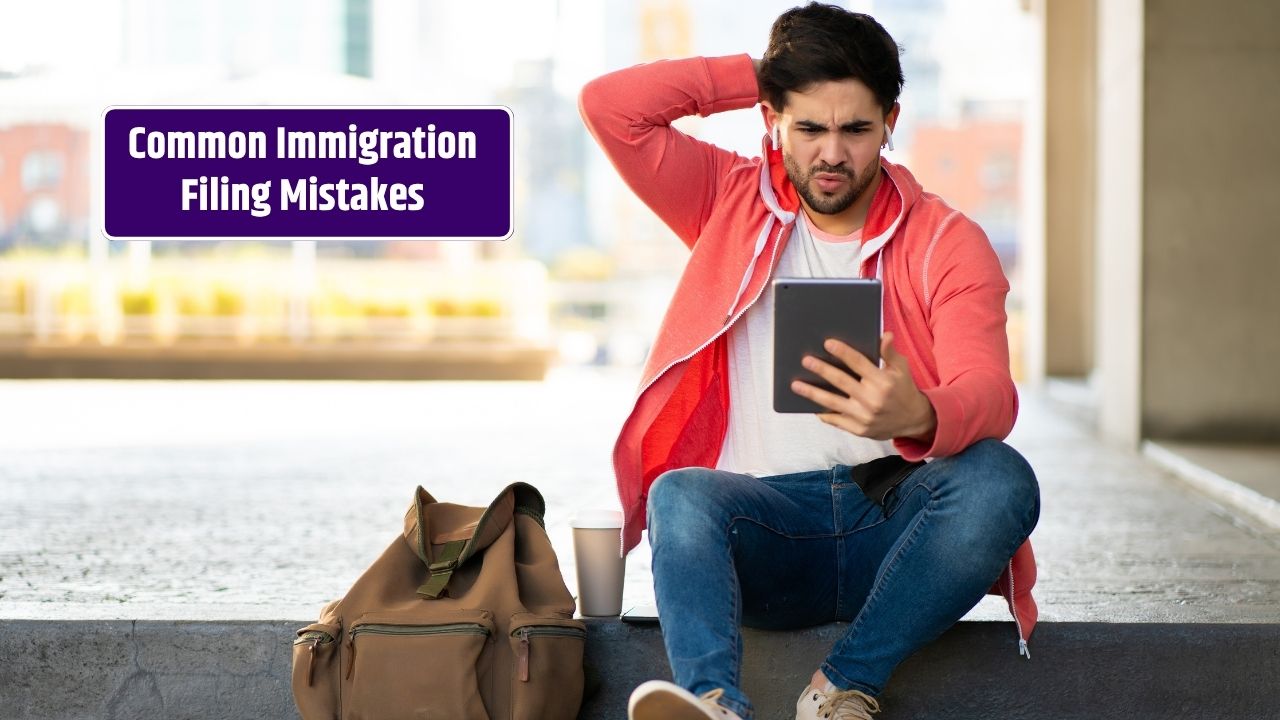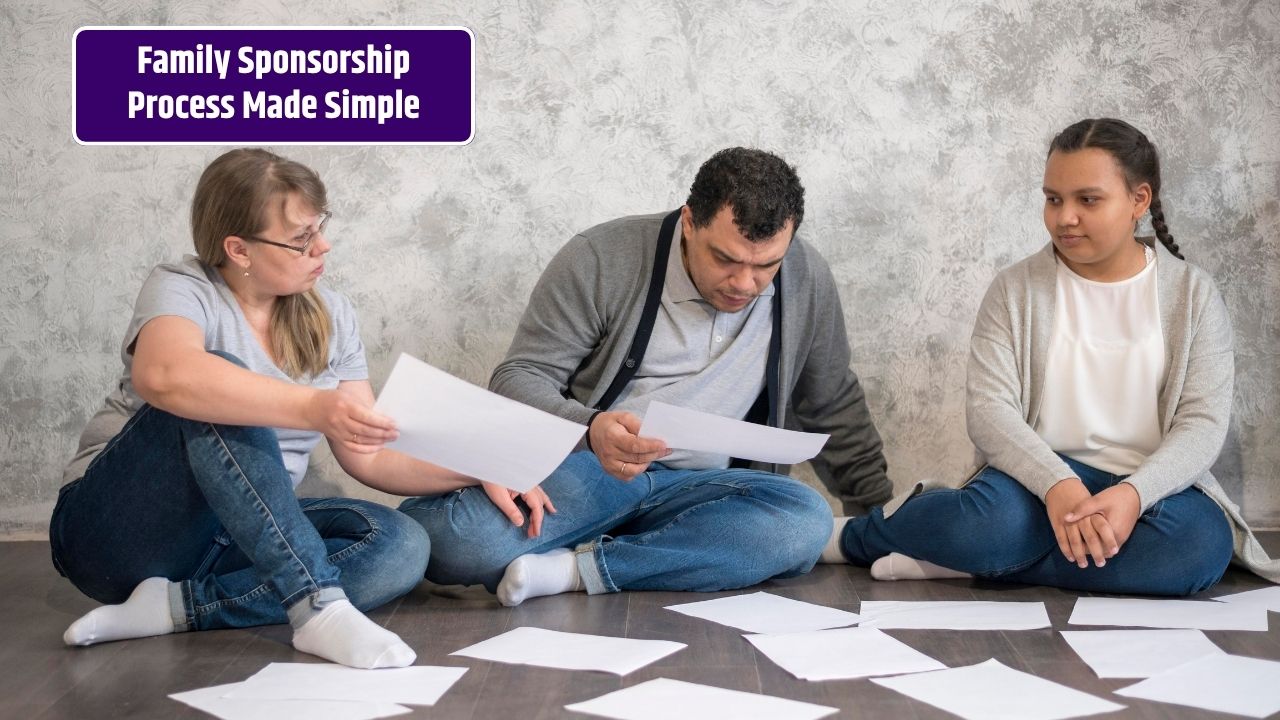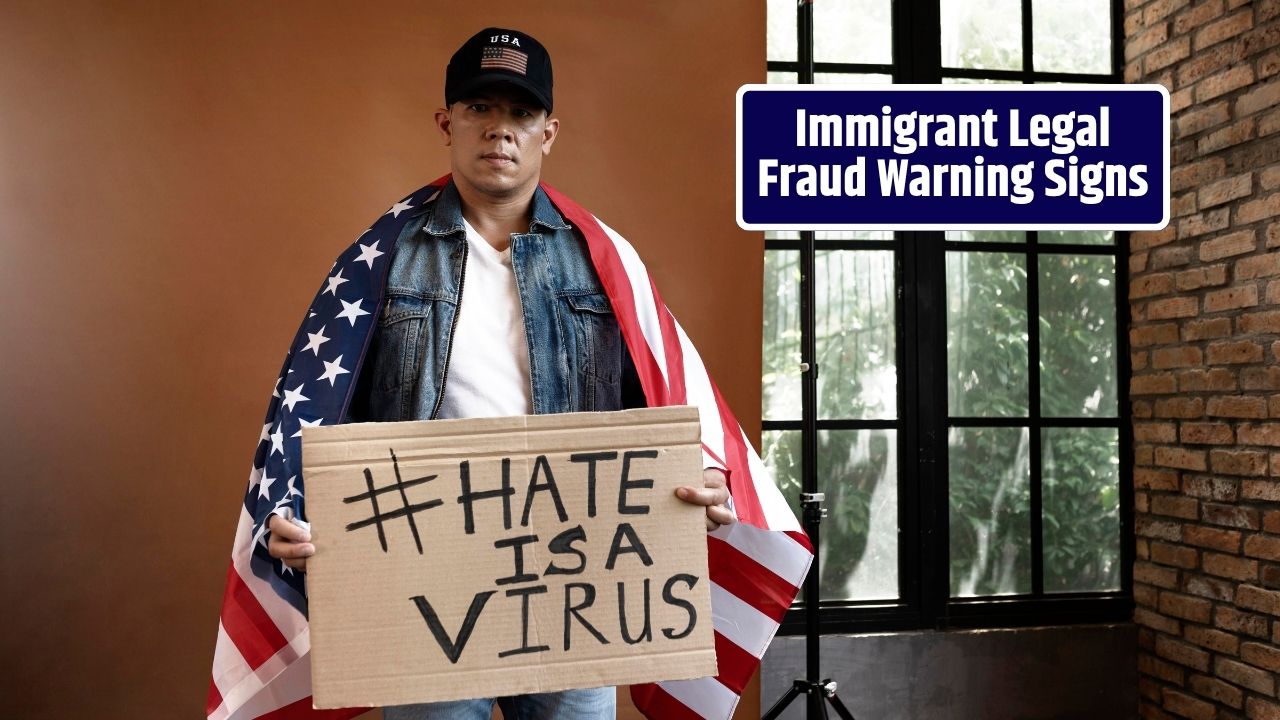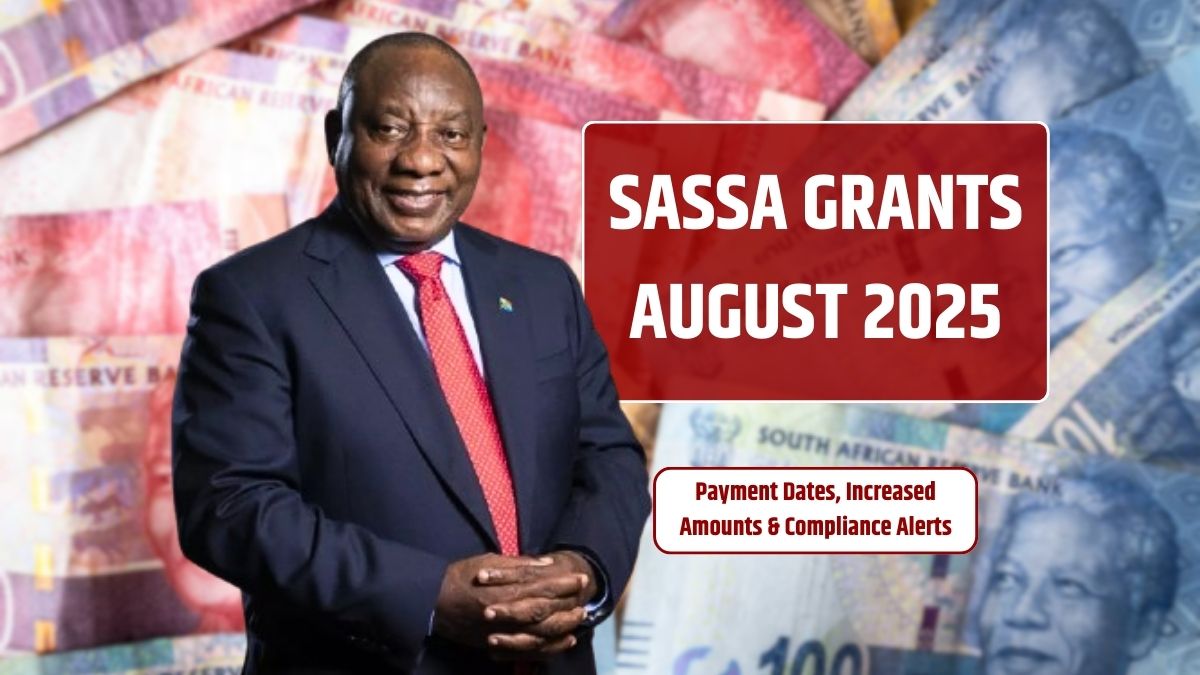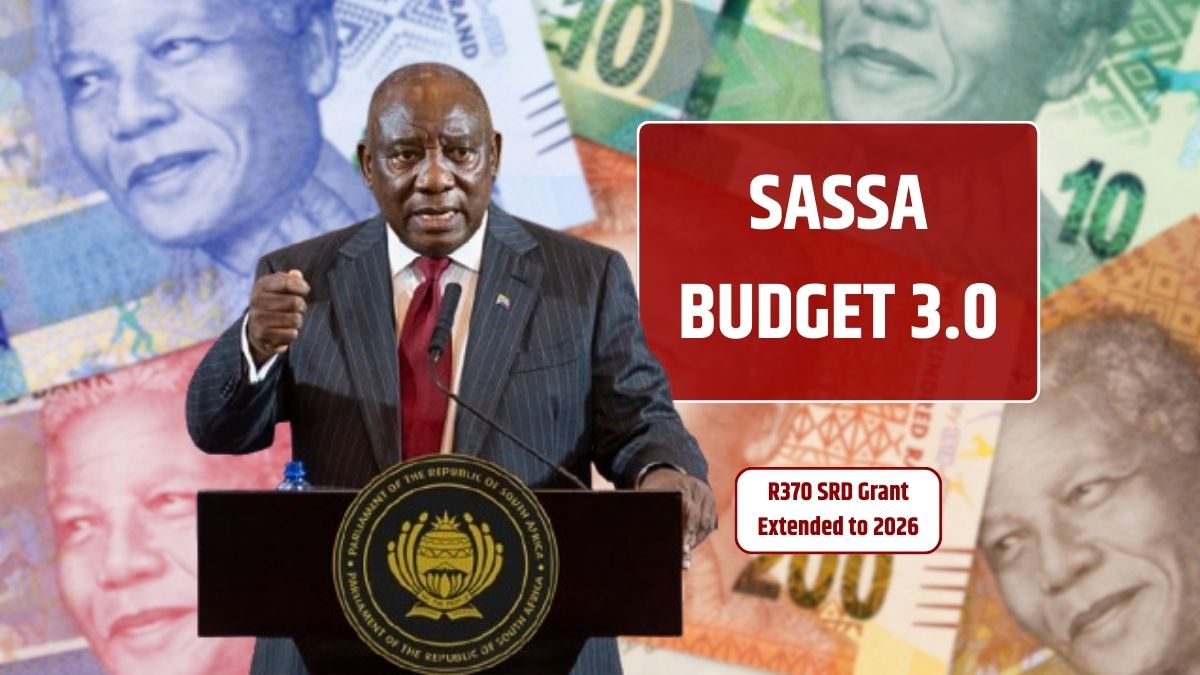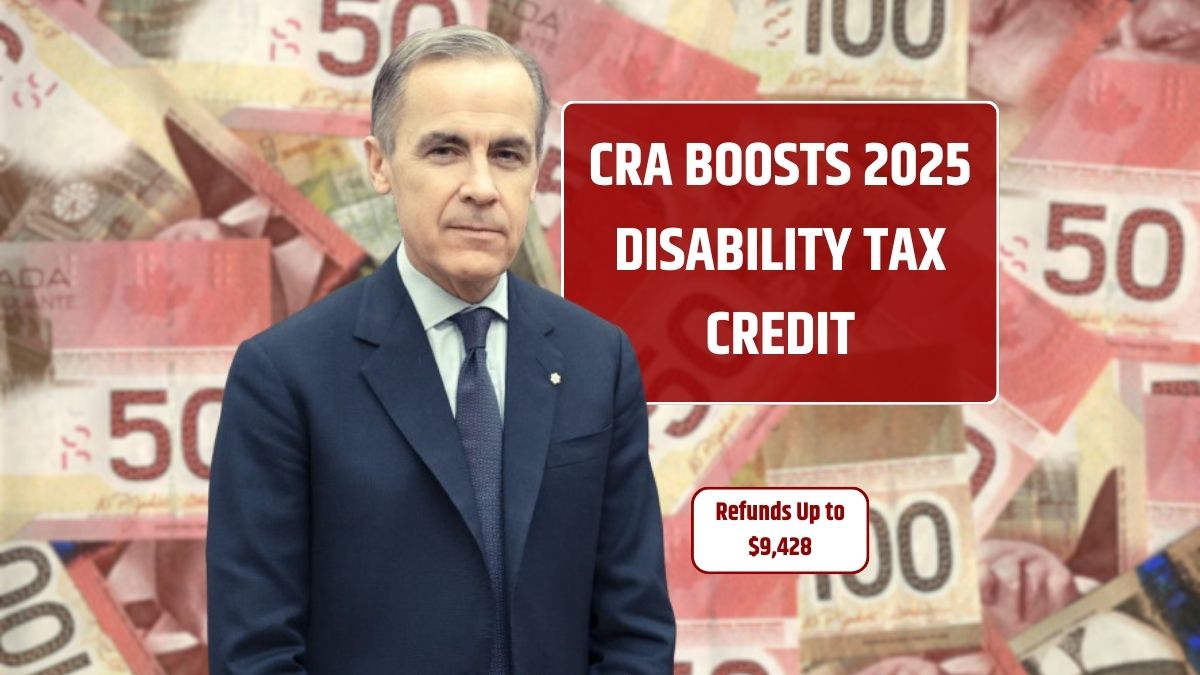The R1,370 social grant in South Africa is more than just a financial boost—it’s a vital safety net for millions of people across the country. Whether you’re unemployed, elderly, disabled, or a caregiver, this grant could help cover essential needs like food, shelter, transport, and medical care.
If you’re wondering who qualifies, what documents you need, or how to apply without the hassle, this simple guide walks you through everything you need to know about the grant and other SASSA support programs.
Overview
When people refer to the “R1,370 Social Grant,” they usually mean a specific SASSA support payment. However, SASSA offers a wide range of social grants, each targeting different groups—like the elderly, disabled, or parents of young children. Some grants are even temporary, like the SRD grant for unemployed adults.
Social grants help bridge the gap between no income and basic survival. Over 18 million South Africans depend on this support, and for many families—especially in rural or informal communities—these payments are their only source of income.
Types
Here’s a breakdown of key social grants and how much they currently pay out:
| Grant Type | Amount (Monthly) | Who It’s For |
|---|---|---|
| Old Age Grant | R2,180 – R2,200 | Seniors aged 60+ who meet income requirements |
| Child Support Grant | R530 (+R250 top-up) | Caregivers of children under 18 in low-income households |
| Disability Grant | R2,080 | Adults (18–59) with certified permanent or temporary disability |
| Foster Child Grant | R1,180 | Legal foster parents caring for court-placed children |
| Care Dependency Grant | R2,080 | Parents of children with severe disabilities |
| SRD Grant | R370 | Unemployed adults (18–60) with no other income |
These amounts may adjust over time due to inflation, but they give you a good idea of what to expect.
Eligibility
Each SASSA grant has different eligibility rules. Generally, here’s what you’ll need to meet:
- Age: Minimum or specific age applies, depending on the grant
- Income: You must pass a means test (except for SRD, which requires no other aid)
- Residency: South African citizens, permanent residents, and some refugees/asylum seekers qualify
- Medical Proof: Required for disability and care-dependent grants
- Legal Guardianship: Required for foster care grants
The R1,370 grant might fall under a temporary or specific category for 2025, so confirm details directly with SASSA when applying.
Documents
To apply for any grant, gather the following:
- Valid South African ID (green barcoded book or smart ID card)
- Proof of residence (bill, lease, or affidavit)
- Latest 3-month bank statement
- Medical report (for disability/care dependency)
- Court order (for foster children)
Missing documents can slow your application, so double-check everything before submission.
Application
Here’s how to apply for a SASSA social grant in 2025:
- Check your eligibility
Know what grant suits your situation, and confirm you meet the criteria. - Gather your documents
Having your ID, address proof, and financial records ready saves time. - Submit your application
Choose one of the following methods:- Online: Visit srd.sassa.gov.za
- WhatsApp: Text “Hi” to 082 046 8553
- In person: Visit the nearest SASSA office with original documents
- Save your reference number
After submission, you’ll get a unique tracking code. Don’t lose it. - Track your status
- Use the SASSA Status Tracker online
- Or call 0800 60 10 11 for updates
Importance
With the rising cost of living, especially in 2025, this grant could mean the difference between surviving and thriving. It helps people stay fed, clothed, and healthy—especially in communities where jobs are scarce.
These grants empower individuals who may otherwise be excluded from the economy. By applying correctly and on time, you give yourself or your loved ones a better shot at stability.
FAQs
Who qualifies for the R1,370 grant?
Unemployed adults meeting income and residency criteria.
How can I apply for a SASSA grant?
Online, via WhatsApp, or at your nearest SASSA office.
What documents do I need?
ID, proof of address, bank statements, and other relevant forms.
When will I receive my grant?
After approval, payments follow SASSA’s regular monthly schedule.
Can I apply if I was denied before?
Yes, reapply if your circumstances or documents have changed.







